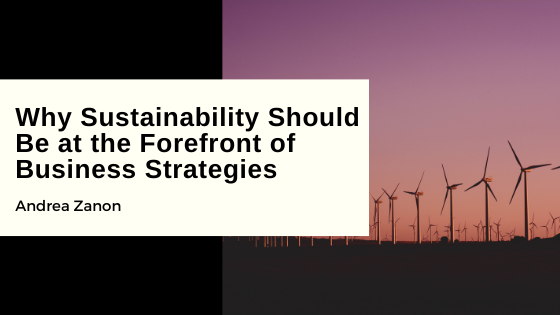One of the big business’s primary and ongoing criticisms today is that managers are obsessed with the next quarter. They want better numbers in the coming quarter, and when they get them, they try to top it again in the quarter after that.
This attitude can be summed up as: “Make money and profits now – worry about the future later.”
But we can all agree that not having a long-term outlook can have disastrous consequences and not just for the business itself. Social observers and scientists argue that making money now and worrying about the future later is what is driving the environmental degradation of our planet and its ecosystem.
However, consider these factors:
Sustainable business practice Is Good for the bottom line
Focusing on ESG (Environment, Social, Governmental) can reduce capital costs and bolster a firm’s valuation. One reason for that is that more investors are searching for companies they can rely on as long-term investments. Companies that plan for a future of sustainable operation will attract larger pools of capital – the very oxygen of what makes a business thrive.
Sustainability takes focused leadership
All companies are well-advised to create the “Chief Sustainability Officer” position and imbue that person with some real clout, a budget, and a talented team. This person should also frequent board meetings and participate in long-term planning sessions. A sustainability officer will be a bridge between technologists and those who plot business strategies. This will help a company view sustainability as a core mission principle.
A Bold Commitment
The greater the ambition, the faster the path to net-zero emissions. That’s the conclusion of an Accenture study that also added that a “cloud-first approach” on sustainability efforts both boosts profits and benefits our planet. Keep in mind that international mandates by governmental agreements are pushing toward a zero-carbon emission business profile by the year 2050. Those who do not achieve that can expect significant trouble and loss in competitiveness.
The latter is less because of government mandates or fines, but the reality is that consumers (particularly the younger ones) continue to demand certified sustainable providers. Sustainability is inevitable for business models across the range of all industries. It’s better to be a leader in this realm than one who is struggling to keep pace.

